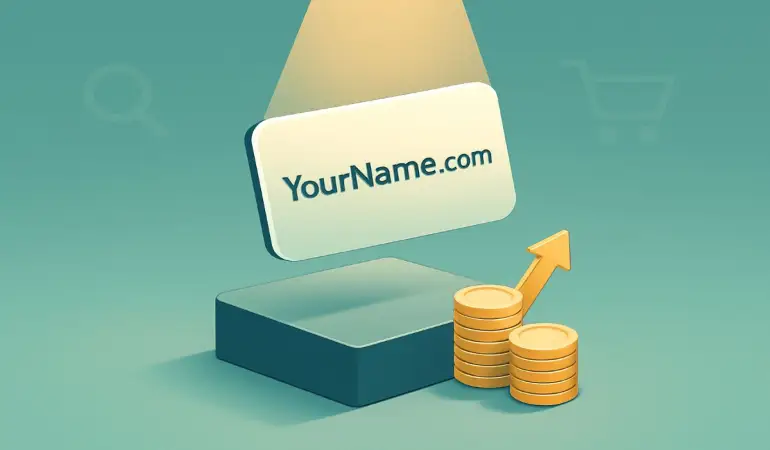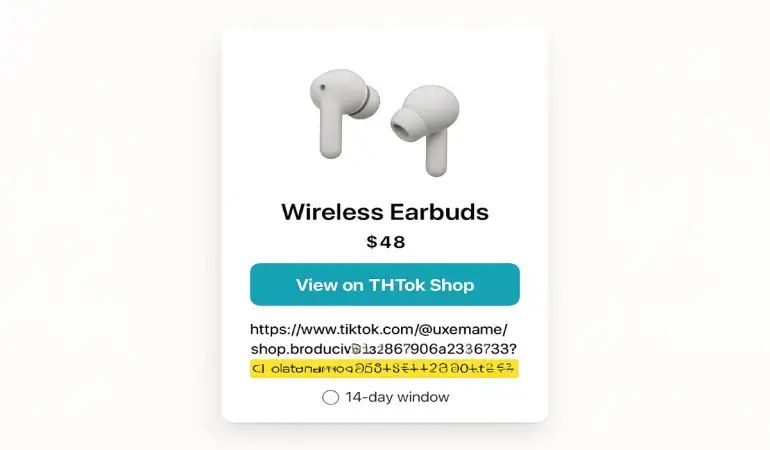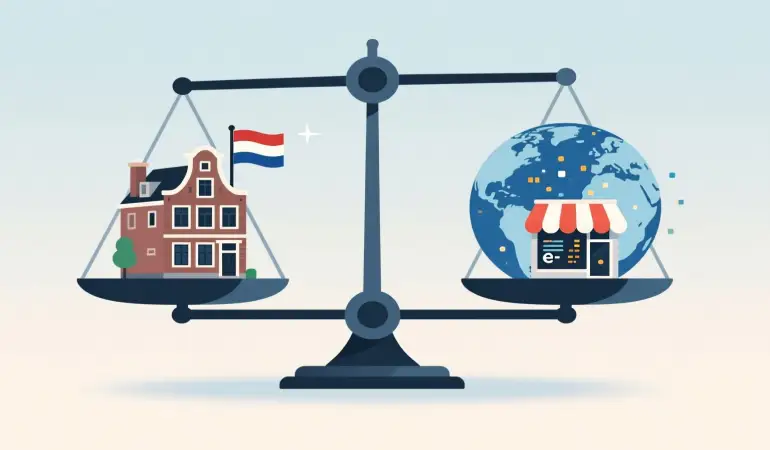One Time Payment: The Endangered Species of the Internet
Stop falling for the trap of one-time payments and learn the truth about lifetime access and countdown clocks. Get valuable buying tips for subscriptions in CheckoutLand and make informed decisions for your wallet and life.
October 03, 2025 05:32
The One-Time Payment Unicorn
Somewhere in the wilds of checkout pages, a banner yells One-Time Payment (Limited Offer). It trots across your screen like a mythical horse with a coupon code tied to its horn, promising financial peace, commitment without alimony, and software that doesn’t need to be fed monthly. You gaze upon it and whisper, could wealth be this simple? Pay once, live forever?
That promise feels like finding a park bench with a sign that reads “Reserved for you, indefinitely.” You sit, leery, expecting a parking meter to unfurl from the ground and charge by the minute. But it doesn’t. For a moment, it’s glorious.
Then the “Limited Offer” part winks, as if to say: relax, it’s limited the way diet soda is sugar-free—technically true, spiritually ambiguous.
One-time payments: the fairy tales of the checkout forest.
Meanwhile at Subscription HQ
Somewhere else, behind walls made of recurring revenue charts, executives gather around an altar built of monthly billing cycles. There are acronyms. So many acronyms. CACs chase LTVs across PowerPoint slides like children at recess. A manager asks the annual question: “But what if people stop paying?” The room goes quiet. Someone drops a branded stress ball.
The subscription office is a place where product features are not shipped so much as rented out like lawn chairs at a public pool. The chairs are yours, they swear, at least until the end of the month, when the chairs mysteriously vanish unless you agree to sponsor another billing period.
To their credit, it’s consistent. Predictable. Comforting, if you enjoy novels where the plot is the same every 30 days.
Limited Offer: The Countdown Clock That Found Religion
The countdown timer ticks in the corner with the zeal of an enthusiastic usher. Only 9 hours left, it gasps. The clock is never wrong, other than that small habit it has of resetting when you refresh the page or open an incognito window, or consult a different device, or blink.
The clock has a spiritual arc. It wants you to repent from free trials and tithe appropriately. It knows your weak hours: late night scrolling, early morning optimism, payday confidence. The timer is humble yet persistent, the same way a smoke alarm humbly requests new batteries while declaring an emergency every thirty seconds.
Limited is a flexible word, it turns out. So is time.
Lifetime Access and Other Immortal Myths
“Lifetime access” is the poetic line that arrives wearing a black cape, whispering about eternity. Whose lifetime, you ask. Yours? The company’s? The product’s? The idea of the product?
Depending on who is holding the calculator, lifetime can mean “as long as this service exists,” which may sound reassuring until you realize services can be whisked into the great archive in the sky for reasons ranging from “acquisition” to “we tried our best.” A lifetime can be a bold horizon or a 90-day sprint with dramatic punctuation.
Immortality, but with fine print. Beware immortal nouns with mortal terms of service.
The Checkout Page as Carnival
Welcome to CheckoutLand, where buttons sparkle, testimonials wave like parade floats, and “lifetime deal” flirts from behind striped curtains. You arrived to purchase a simple tool and were upgraded into a visitor’s pass for a midway with confetti cannons, balloon animals, and a suspiciously enthusiastic ringmaster.
Some of it is dazzling. Much of it is loud.
Add-ons Confetti Cannons
Add-ons tumble forth like party favors at a wedding you did not realize was yours. Need the analytics booster? The security amulet? The VIP lounge lanyard? The “power user” pack that confers secret handshakes and a new color theme?
Each extra is just small enough to seem harmless. Individually, these add-ons are puppies. Together, they are a kennel you must feed.
The cannon fires again. A “pro” package lands in your cart. You were buying a garden shovel and somehow ended up with a tractor, a barn membership, and a seasonal newsletter from the cows.
Urgency Pop-ups and Digital Elbow Jabs
Then come the pop-ups. Twelve people are viewing this deal. Three just purchased. Someone named Jonah in Nebraska got a bundle you absolutely need. The interface becomes a crowded bus stop where anonymous strangers are all apparently getting on a bus you might miss.
It’s a polite riot. The subtlety is stunning.
Eventually, you close the pop-up just to feel something.
Economics Behind the Curtain
There are reasons the unicorn is rare. It’s not just greed or the thrill of monthly statements; it’s math. Math wearing a sweater.
Why Vendors Fear Finality
If you pay once, the seller gets a one-time kiss on the cheek and a promise to “keep in touch.” Expenses keep marching: servers, improvements, bug-swats, and the perpetual romance between features and expectations. Recurring revenue isn’t a moral failing; it’s a revenue model that sleeps better at night.
One-time payments move risk from buyer to seller. After the first date, the seller funds the rest of the relationship, hoping your goodwill generates referrals, reviews, or future upsells. If the buyer base grows faster than costs, applause. If not, the support queue becomes a Greek chorus asking for updates while the coffers echo.
This is why many “perpetual licenses” are structured with optional maintenance or update cycles. The license may be timeless; compatibility is not. Operating systems change their outfits often.
When One Time Means Customer Support Forever
Support is elastic, until it snaps. A promise to help indefinitely sounds wholesome, like a neighbor watering your plants forever. At scale, it becomes a sprinkler system running all day while the water bill weeps.
Forever support means someone must answer your email in 2029 about an export button that worked in 2023. People change jobs. Teams shrink. The person who wrote that export feature now raises goats. Meanwhile, your message waits in the queue, unmoving, gently growing moss.
“Forever” is a lovely word. But payroll prefers calendars.
Consumer Survival Tactics
It’s possible to buy smartly in this carnival. Bring a pocket calculator and a small, stubborn heart.
The Sticker Math Ritual
First ritual: convert everything into a monthly equivalent. If a one-time price of $240 replaces a $10 monthly plan, your break-even point is two years. Do you plan to use it for two years? Will the company be intact? Will you be?
If it’s a tool, compute the value per task. If it saves five hours a month, what’s your hourly rate? Boring math beats glossy banners. Always.
And if you need to upgrade to access crucial features, add those numbers before you fall in love with the headline.
Sanity Checks and Red Flags
Watch the countdown. Does it reset? That’s a hint.
Read the “lifetime” definition. Is it attached to product, company, or you? Are updates included, or just access to the frozen version you bought? Will security patches arrive, or will you seal your data inside a time capsule labeled “2019”?
Look at the refund policy. Is it a strict no, a conditional maybe, or a friendly yes? Also, search for the phrase “at our discretion.” If it appears often, your future may depend on someone’s mood.
Finally, search old posts or community forums for past “limited” deals. If the same fireworks went off six times in a year, you’ve found a holiday, not a rarity.
Case Files of Eternal One-Time Deals
We collect stories. They’re not cautionary tales so much as comic strips with receipts.
The Software That Needed Annual Updates Anyway
A tool offered lifetime access, which sounded like a leather-bound certificate. Year one was smooth. Year two brought an operating system update that politely broke everything. The maker offered two choices: stay on the old system or pay a “maintenance” fee that revived the tool under a new version number.
Technically, the lifetime license still worked. It worked in a kitchen that no longer had electricity.
This is how eternity becomes a museum.
The Course With Seasonal VIP Rooms
An online course promised everlasting membership. The videos were permanent, the promise clear. Later, a thriving community sprouted with live sessions, office hours, and bonus materials—each gated behind a seasonal pass.
The core remained. The heart moved next door and charged rent. Alumni were welcome to visit, but only through the gift shop.
Nobody lied. They pivoted. Your lifetime access became a scrapbook.
Owning Things in the Age of Renting Feelings
The draw of paying once is older than the internet. It’s the thrill of shutting the door softly and knowing it won’t creak open at 11:59 p.m. to demand a renewal. You’re not just acquiring a tool. You’re buying quiet.
Subscriptions sell presence: constant updates, communal activity, always-on chat threads with badges that multiply like sea monkeys. It feels social. It feels alive. You keep paying, not only for features, but for the emotional temperature.
Pay-once products sell relief. You pay, then forget, then use it without a calendar app tapping your shoulder. Relief is less glamorous than community, but it sleeps like a rock.
And yes, sometimes we pay for feelings. Pride in ownership. Relief from nagging. The smug click of a button labeled “Already Paid.”
Exit Music: A Short Manifesto for Paying Once
Pay once if the math works, the company seems sturdy, and the product isn’t a bridge that needs painting every month. Ask what happens during big platform shifts. Ask how security updates are handled. Ask what “lifetime” means before the confetti lands.
Don’t fear subscriptions; fear vague promises. A clear monthly deal with a cancel button might serve you better than a vague forever that collapses when the CFO burps. On the other hand, don’t ignore the peace that arrives with a simple transaction and a quiet receipt.
Take screenshots of the offer page. Save the terms. Note the date. Hope for the best, prepare for screenshots.
And the countdown clock? Treat it like the friend who’s always moving to a new apartment. Fondly, but with boundaries. If it resets at midnight, assume it will reset tomorrow at midnight as well. Why rush for an encore?
If you must fall for a unicorn, at least make it eat hay from your yard. That means backups, export options, no hostage data, and some kind of offline plan if the circus skips town.
You can still love a product without proposing monthly. Commitment comes in many forms, including a single decisive click followed by years of quiet usefulness.
A rare thing, yes. Not impossible.
And if a page whispers One-Time Payment (Limited Offer), smile back. Then read the fine print out loud, slowly, like vows.




